"We farm organically because we love it. Organic products taste better and we just know they’re much healthier." The Lebanese company Biomass accounts for as much as 95% of the local organic market while also exporting some specific products. Its Facebook page is clear about why it does not want to deprive consumers of this product segment.
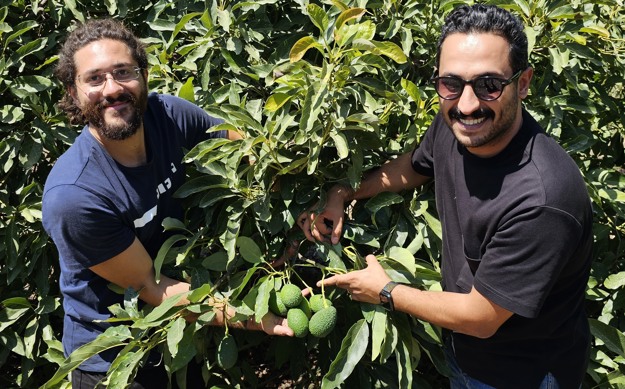
On the right is Jimmy El Hage
Biomass has been marketing organically-grown products since 2007, says Business Development Manager Jimmy El Hage. "60% of our sales are generated via an extensive range of fresh fruits and vegetables, 20% via table egg sales, and another 20% through dry foods, including quinoa, olive oil, and a vast range of grocery products. In fruit and vegetables, there’s a lot of demand for avocados, table grapes, citrus including lemons and oranges, and fresh vegetables including tomatoes, cucumbers, potatoes, fresh herbs, and various types of lettuces. But we basically market every most of the fruits and vegetables that grows in Lebanon. And there are many," he begins.
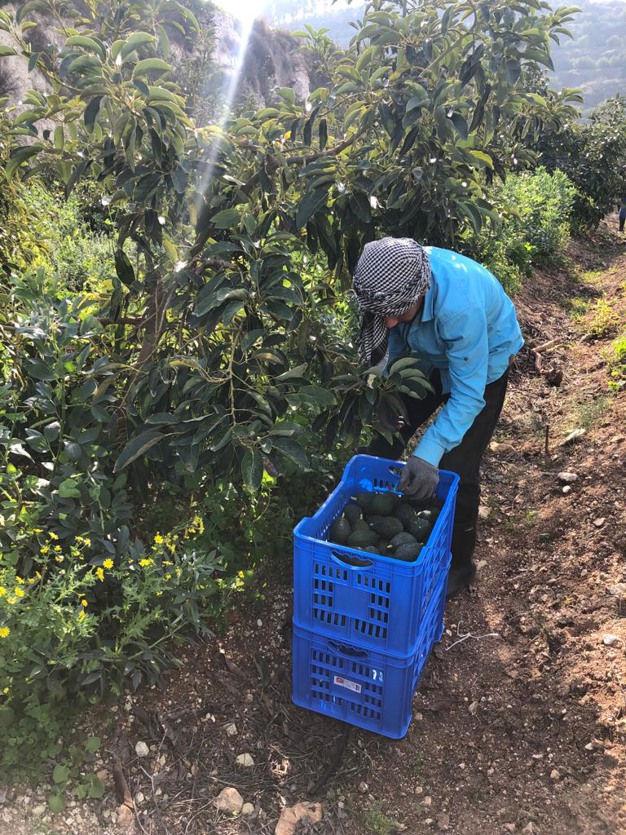
From hobby farmer to market leader
Since 2007, the company grows, packages, processes, and markets over 250 organically certified products. It sources crops from other certified growers and farming partners.
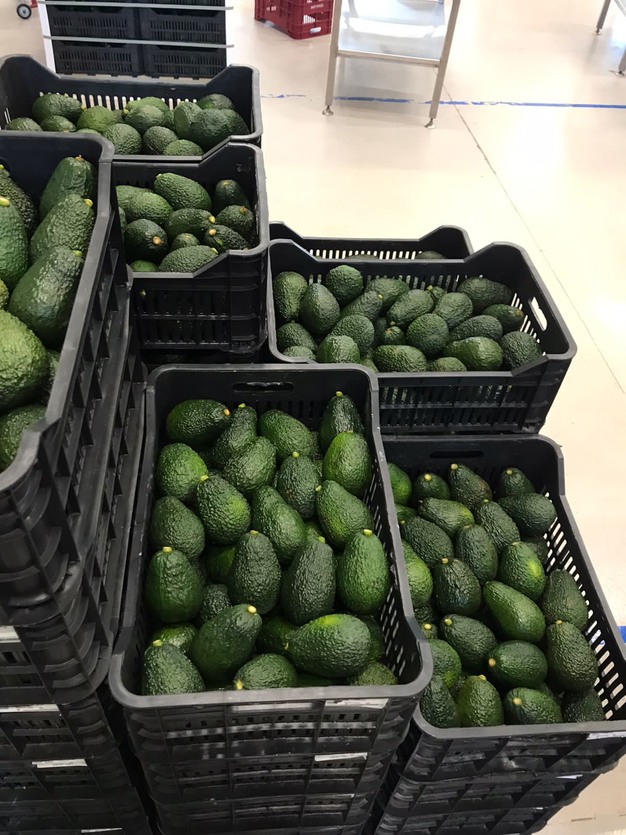
On the local market, you can find Biomass products at some 250 sales outlets, both in supermarkets and greengrocers. "Organic accounts for about one percent of the food market in Lebanon. And although organic is 40-50% more expensive than conventional food due to higher cost in farming operations, certification and packaging, demand isn’t stagnant. Still, we want to decrease that price differential to better compete with the mainstream market. If we succeed, our unique selling point, first and foremost, pesticide-free and, thus, healthy and eco-friendly products, will do the rest."
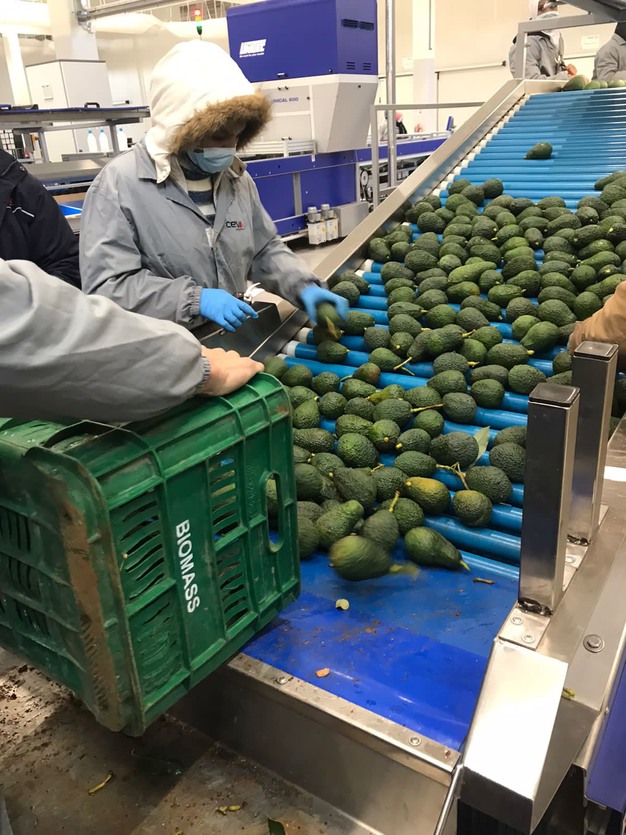
Exports on the rise again
Before the pandemic, 20% of Biomass’ volumes were destined for overseas countries, mainly the Gulf States. During the pandemic, exports stopped almost entirely, but now 10% of sales are again done outside the country. "And that share’s growing. Qatar and Dubai are now our top foreign customers," Jimmy explains.
Regarding certification, Biomass has those from SMETA, GLOBALG.A.P., and EU organic. Growers supplying the distributor must also obtain the European certificate via Italian certificate issuer CCPB, which has an office in Lebanon. "To grow in the market, we must convince even more growers to choose organic. And that remains challenging. Given the higher farming and certification costs, lower yields on average, and the complexity of organic farming, you can’t easily persuade everyone. However, we pay our suppliers a premium on their crops compared to the conventional market."
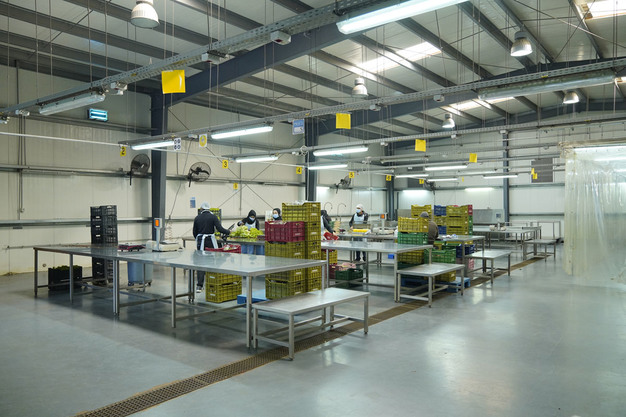
"We plan to install a sorting line and tray sealer, especially for avocados and some other fruits. Automation should provide higher-speed packaging with fewer human errors. Currently, we pack half of our fruits and vegetables in cardboard or paper, 10% in nets, and 40% in plastic containers. Plastic’s still the best solution, given some items’ shelf life. The longer a product lasts, the more sustainable, because food waste has a huge environmental cost," says Jimmy.
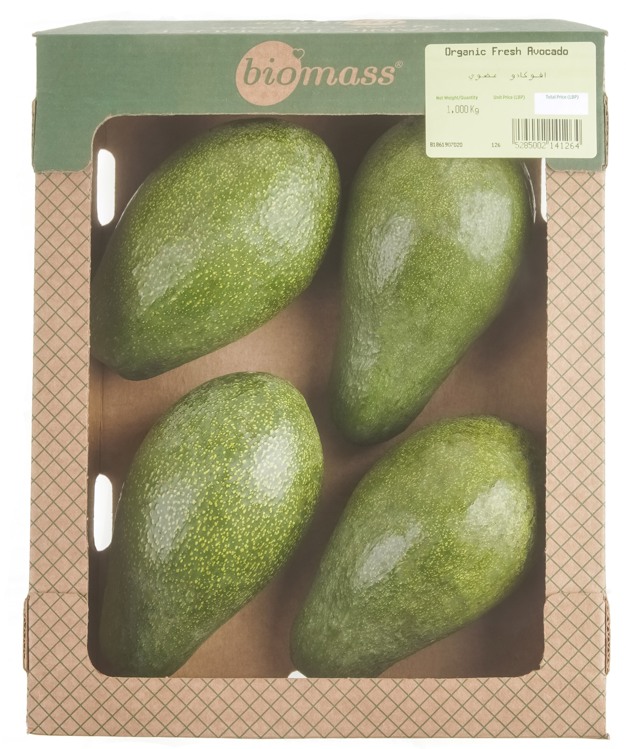
Mediterranean fruit fly and Tuta Absoluta
Organic farming is inherently complicated, adds grower Mohamad, whose citrus and avocado orchards we visited. "You can use very few crop protection products, while pests like the Mediterranean fruit fly or Tuta Absoluta sometimes pop up in tomato cultivation. You can set traps and release useful insects, but it's still hard. We can protect ourselves better against diseases with resistant varieties. Still, we manage to grow an extensive range of organic fruits and vegetables in Lebanon. Except, for instance, sweet potatoes, whose planting material’s hard to find, or strawberries, which have disappointing average yields."
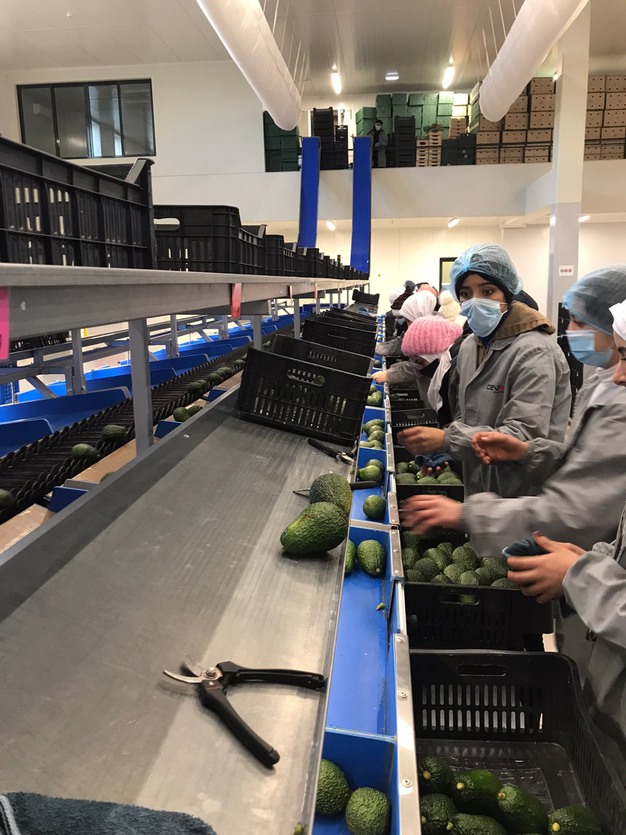 Greenskins are sent to the Middle East, Hass to Europe
Greenskins are sent to the Middle East, Hass to Europe
Greenskins to the Middle East, Hass to Europe
Several growers are gradually replacing their citrus with avocado trees, says Mohamad. "Or with lychee and cherimoya (Annona Sugar Apple). These fruits fetch better prices and are less affected by pests. They require less crop protection, so they're better suited to organic cultivation. Mediterranean fruit flies, for example, don’t attack avocados. I grow Pinkerton, Hass, Ettinger, Lamb Hass, and Reed avocados," he says.
There are market opportunities aplenty for avocados. "It’s one of our biggest export items,” Jimmy admits, rejoining the conversation. “In the Middle East, we sell mainly greenskins; Europe wants almost only Hass. Europe’s an interesting market for us, volume-wise. The Middle East is also an interesting market, especially from pricing and proximity considerations.”
Late last year, Biomass sent its first 80 tons of avocados to the UK. These came from growers who are all SMETA and GLOBALG.A.P. certified. Agriculture engineers and technicians monitor this export product’s dry matter content very closely, while the fruit is still on the trees. These avocados can then be harvested at the perfect time, allowing for sorting and packing (two or three days) and transit (two to three weeks by sea, depending on the destination). Once the fruit gets to the customers, it is then ripened to eventually reach store shelves, in a ready to eat format.
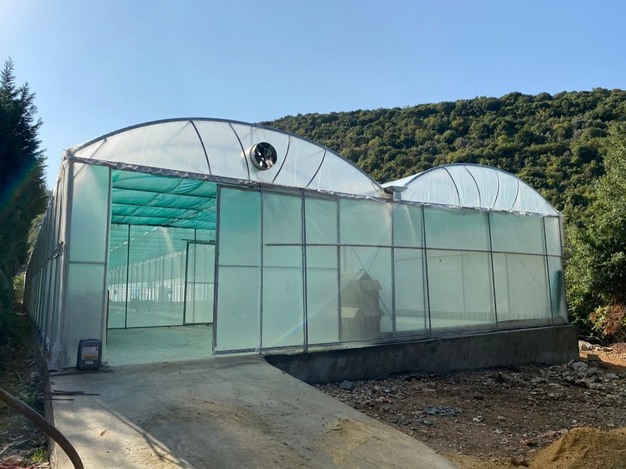
In February 2023, the company signed an agreement with Europe’s largest avocado importer. Exports to Europe, though, are temporarily on hold, as the packing plant, where Biomass packaged its avocados and which had all required and relevant certifications, closed a few months ago. "We’re working on a solution but must adjust that schedule. In the longer term, if the problem persists, we hope to install our own sorting and packaging line," Jimmy concludes, already looking ahead.
For more information:
Jimmy El Hage (Business Development Manager)
Biomass
Massimo Bldg – Charles Helou Avenue
110021 Beiroet (Libanon)
Tel: +961 70721282
[email protected]
[email protected]
www.biomasslb.com
